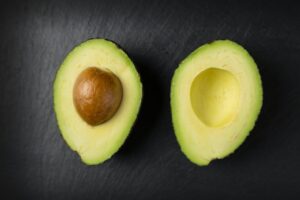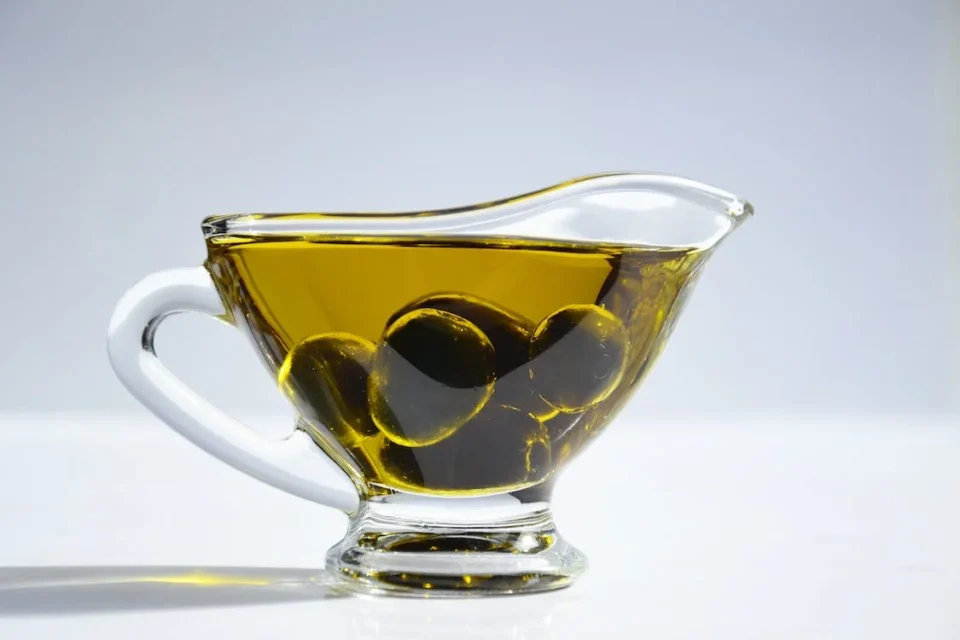In the realm of nutrition, fats often come under scrutiny. However, it’s important to distinguish between harmful fats and healthy fats.
Healthy fats, particularly unsaturated fats, play a vital role in our diet. This article explores what healthy fats are, their types, sources, and benefits.
What are Healthy Fats?
Healthy fats are primarily unsaturated fats, which are essential for various bodily functions. These fats are divided into two categories: polyunsaturated and monounsaturated fats. Unlike saturated fats, which can harm heart health, unsaturated fats offer numerous health benefits.
- Polyunsaturated Fats: These fats are essential, meaning the body cannot produce them on its own. They are found in a variety of plant and animal sources. Common examples include sunflower oil, corn oil, soybean oil, flaxseed oil, walnuts, flax seeds, various types of fish, and canola oil. Polyunsaturated fats are known for their role in cell development and maintaining overall health.
- Monounsaturated Fats: These are another type of beneficial fat. Rich sources of monounsaturated fats include olive oil, peanut oil, canola oil, avocados, almonds, hazelnuts, pecans, pumpkin seeds, and sesame seeds. These fats are known for their ability to improve heart health and are a staple in diets known for promoting longevity, such as the Mediterranean diet.
Health Benefits of Unsaturated Fats
The primary health benefit of unsaturated fats is their ability to lower low-density lipoprotein (LDL) cholesterol, often referred to as ‘bad’ cholesterol. LDL cholesterol is a significant cause of atherosclerosis, a condition where plaque builds up in the arteries, increasing the risk of heart attacks and strokes.
Research has consistently shown the positive impact of unsaturated fats on heart health. A significant study by Sacks et al., published in 2017, highlights the importance of these fats. The study states, “Replacement of saturated with unsaturated fats lowers low-density lipoprotein cholesterol, a cause of atherosclerosis, linking biological evidence with incidence of CVD in populations and in clinical trials.” This finding is crucial as it connects dietary choices directly with the risk of cardiovascular diseases (CVD).
Furthermore, the same study concludes, “Taking into consideration the totality of the scientific evidence, satisfying rigorous criteria for causality, we conclude strongly that lowering intake of saturated fat and replacing it with unsaturated fats, especially polyunsaturated fats, will lower the incidence of CVD.” This statement underlines the importance of replacing saturated fats with unsaturated fats in our diet to reduce the risk of heart disease.
Incorporating Healthy Fats into Your Diet

Incorporating healthy fats into your diet is not only beneficial for your heart but also enhances overall health. Here are some tips:
- Opt for oils like olive and canola for cooking and dressings.
- Include nuts and seeds in your snacks, such as almonds and flax seeds.
- Eat fish rich in omega-3 fatty acids, like salmon, at least twice a week.
- Use avocado as a healthy fat source in salads and sandwiches.
Conclusion
Understanding and incorporating healthy fats, particularly unsaturated fats, into your diet can significantly impact your overall health, especially heart health. By choosing the right types of fats, you can enjoy a varied, flavorful diet while taking care of your body’s needs. Remember, not all fats are foes; some are essential friends to our health.
Reference:
Sacks, Frank M., Alice H. Lichtenstein, Jason H.Y. Wu, Lawrence J. Appel, Mark A. Creager, Penny M. Kris-Etherton, Michael Miller, et al. 2017. ‘Dietary Fats and Cardiovascular Disease: A Presidential Advisory from the American Heart Association’. Circulation. https://doi.org/10.1161/CIR.0000000000000510.

